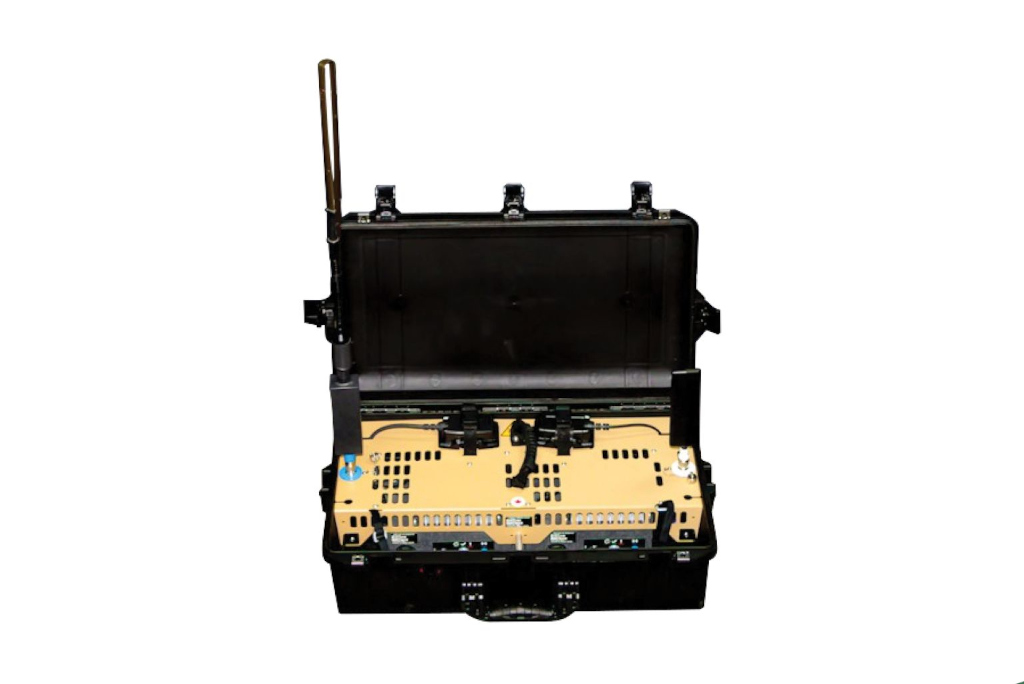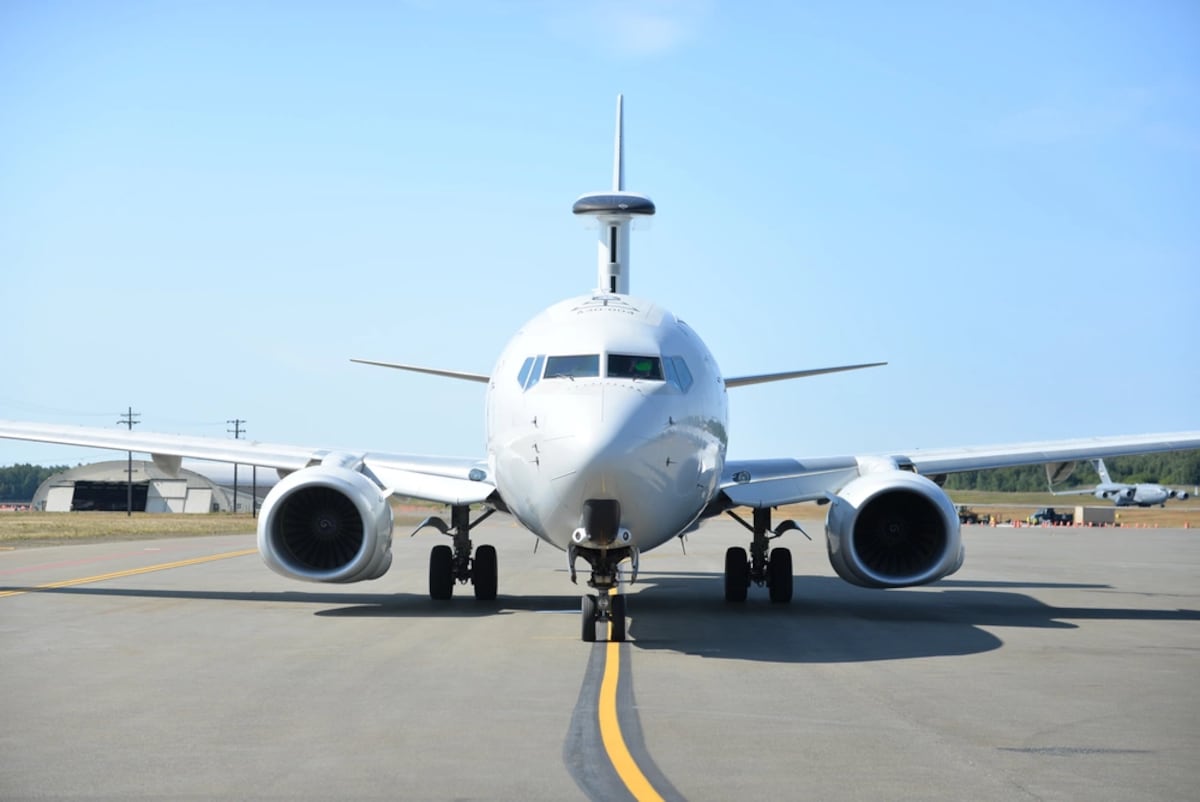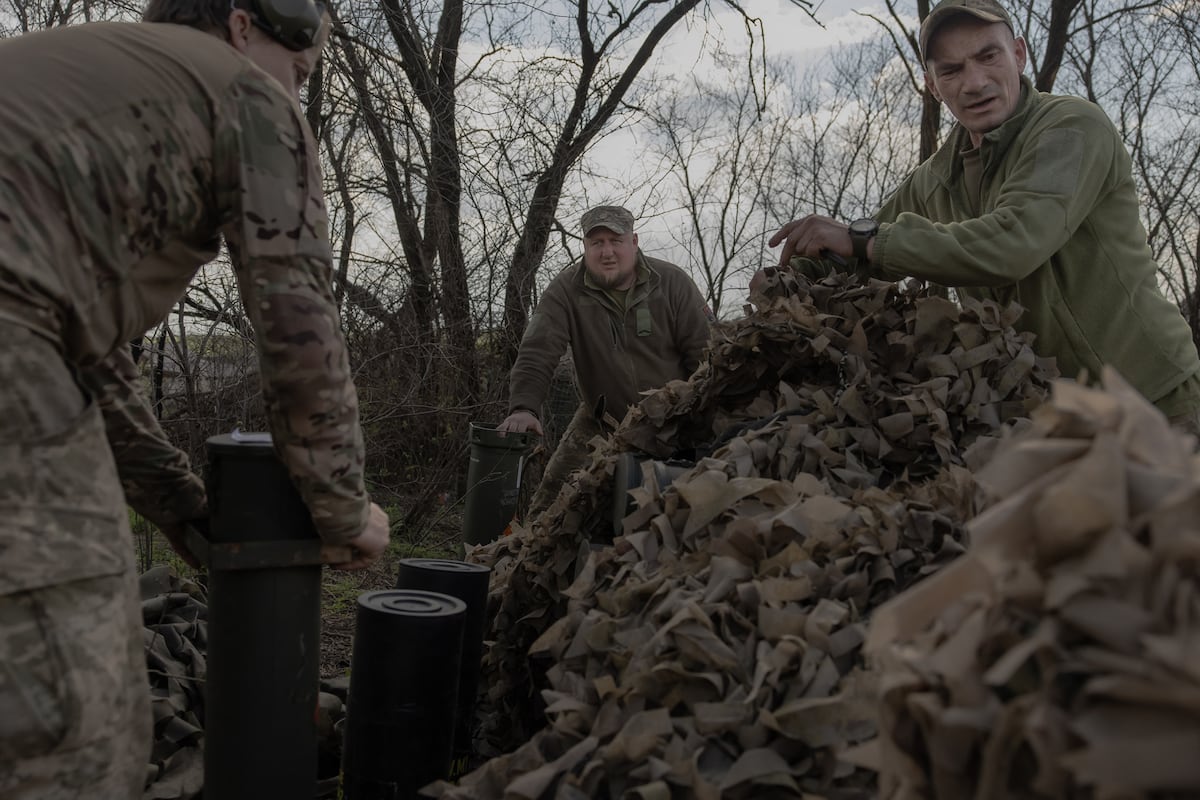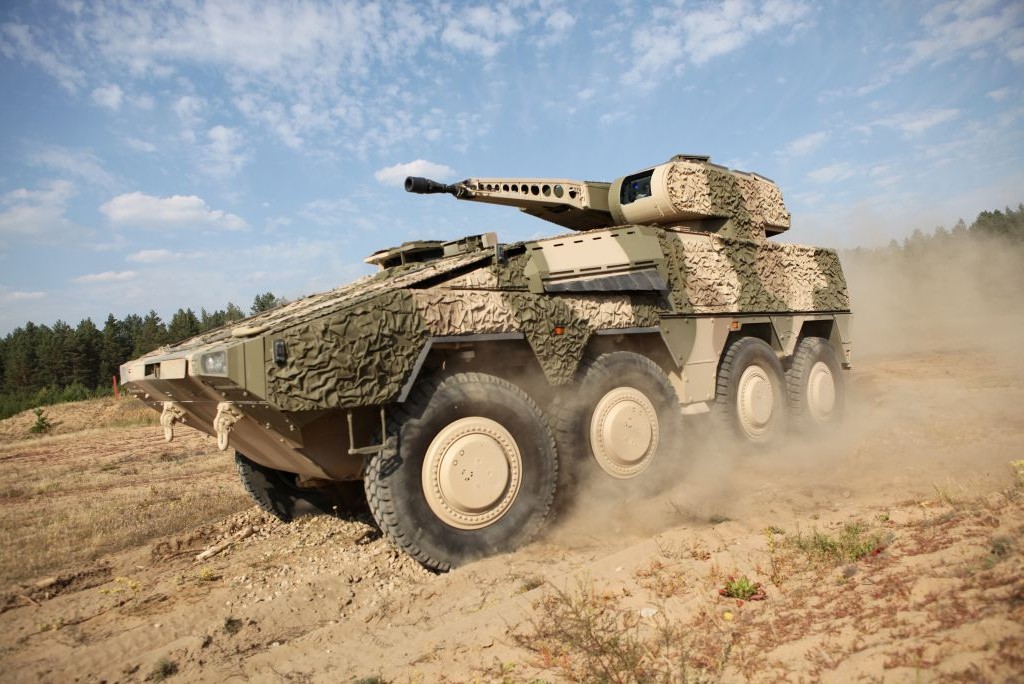Intelligence Sharing Suspension Between Colombia and the U.S.: A Deepening Rift
Background Context
In a significant shift in Colombia-U.S. relations, President Gustavo Petro has directed national security forces to halt intelligence collaboration with the United States. This decision follows increasing tensions over U.S. military operations targeting alleged drug-trafficking vessels in the Caribbean, which Petro has vehemently criticized as extrajudicial actions.
President Petro’s Directive
On social media platform X, President Petro emphasized the need for Colombia’s military to terminate “communications and other agreements with U.S. security agencies” until there is a cessation of U.S. airstrikes on suspected drug-carrying speedboats.
- Human Rights Concerns: Petro stated that the struggle against narcotics must prioritize the human rights of the Caribbean populace. He did not specify the types of intelligence that Colombia would cease sharing.
Impact of U.S. Military Operations
Since August, U.S. military strikes in international waters have reportedly resulted in at least 75 fatalities, according to statistics provided by the Trump administration. Notable points include:
-
Operation Focus: Initial strikes commenced near the southern Caribbean, close to Venezuela, but have recently expanded towards the eastern Pacific, targeting vessels off the coast of Mexico.
-
Casualties: Colombian citizens, along with residents of neighboring countries like Venezuela and Trinidad and Tobago, have been adversely affected.
Legal and Diplomatic Ramifications
Petro has called for an investigation into U.S. President Trump for potential war crimes related to these operations. His criticisms reflect a broader discontent with U.S. drug policy, which he contends disproportionately targets impoverished coca growers rather than high-ranking traffickers and money laundering entities.
- Individual Cases: Petra’s meeting with the family of a Colombian fisherman allegedly killed in an airstrike underscores the human impact of U.S. military actions. He articulated, “He may have been carrying fish, or he may have been carrying cocaine, but he had not been sentenced to death.”
U.S. Accusations Against Colombia
The Trump administration has accused Petro of being lenient on drug syndicates and criticized his decision to withhold extradition of Colombian rebel leaders involved in drug trafficking.
- Sanctions Imposed: In October, the U.S. Treasury imposed financial sanctions on Petro and his family, alleging their involvement in global drug trafficking networks. Treasury Secretary Scott Bessent asserted that Petro has “allowed drug cartels to flourish” and emphasized the U.S. commitment to combating drug trafficking.
Military Presence in the Caribbean
Tensions are heightened by the U.S. escalating its naval operations in the southern Caribbean. Noteworthy developments include:
-
Deployment Assets: Eight warships, a submarine, fighter jets, and marine personnel have been mobilized to the region, with the USS Gerald Ford aircraft carrier expected to arrive shortly.
-
Perceived Threats: Venezuelan authorities have denounced this military buildup as a threat to their sovereignty, suggesting that it could facilitate military actions against the Maduro government.
Conclusion: Geopolitical Implications
This deterioration in Colombia-U.S. ties coincides with an increase in maritime military presence in the Caribbean, aimed ostensibly at disrupting drug trafficking operations. The volatility of this situation, combined with the U.S.’s focus on Venezuela as a target, positions both countries in a precarious geopolitical landscape that requires careful monitoring by defense analysts and policymakers alike.
In light of these developments, thorough evaluation and strategic reassessment of U.S. engagement in Latin America seem imperative to ensure a balanced approach that respects regional autonomy while addressing security concerns.





